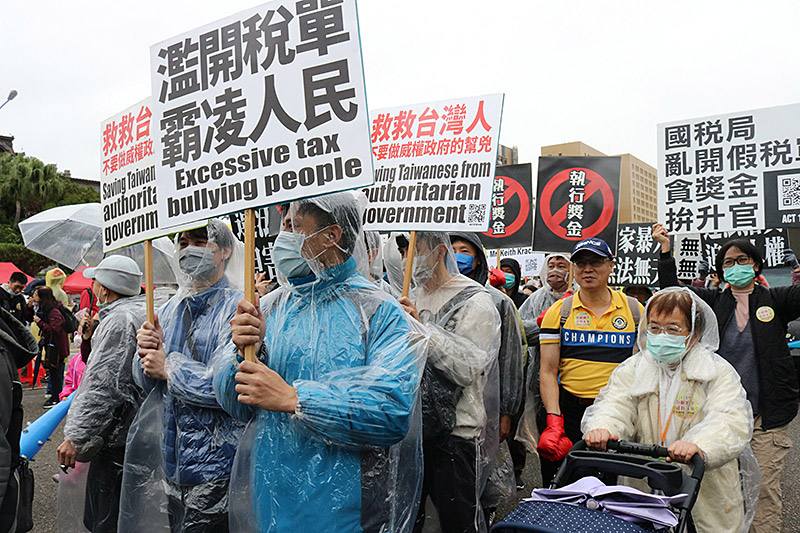National stakeholders, international experts discuss establishment of national mechanism to prevent torture in Uzbekistan
A draft law and regulations establishing a national preventive mechanism (NPM) to monitor all places of detention in Uzbekistan were the focus of a roundtable discussion in Tashkent on 31 May and 1 June 2018. The event was organized by the country’s ombuds institution – the Authorized Person of the Oliy Mazhlis of the Republic of Uzbekistan for Human Rights, the OSCE Project Co-ordinator in Uzbekistan, the OSCE Office for Democratic Institutions and Human Rights (ODIHR) and the United Nations Development Programme.
Uzbekistan is taking steps towards the ratification of the Optional Protocol to the Convention against Torture and Other Cruel, Inhuman or Degrading Treatment or Punishment (OPCAT) and the establishment of an NPM. National authorities, representatives of civil society organizations and international experts were invited to discuss the draft legislation prepared by the ombuds institution.
“We welcome the active discussions about strengthening efforts to prevent torture and other ill-treatment in Uzbekistan and the importance of independent external monitoring of all places of deprivation of liberty,” said Stephanie Selg, ODIHR Adviser on Torture Prevention. “The establishment of an NPM in compliance with the OPCAT requirements, the inclusion of independent civil society organizations in the work of the NPM, and the willingness of the authorities to fully support the independent functioning of the NPM will be a major contribution to the prevention of torture and ill-treatment.”
Representatives of the National Human Rights Centre, the Ministries of Internal Affairs, Health and Public Education, the NGO Development Strategy Centre and the national Chamber of Advocates also took part in the discussions, as did participants from Penal Reform International and Amnesty International.
“It is a very positive practice that we can discuss the future model and regulations of an NPM at such an early stage,” said Arman Danielyan, member of the UN Subcommittee on the Prevention of Torture. “The Subcommittee stands ready to support states in the establishment of NPMs and in their efforts to ensure the NPMs’ functioning and effectiveness.”
International experts, including representatives of the NPMs in Georgia and Kazakhstan, shared their expertise, good practices and lessons learned with regard to the establishment of an NPM. Key recommendations and concerns will be considered by the ombuds institution and incorporated into the draft regulations discussed during the event.
Source: Organization for Security and Co-operation in Europe
- 280 reads



